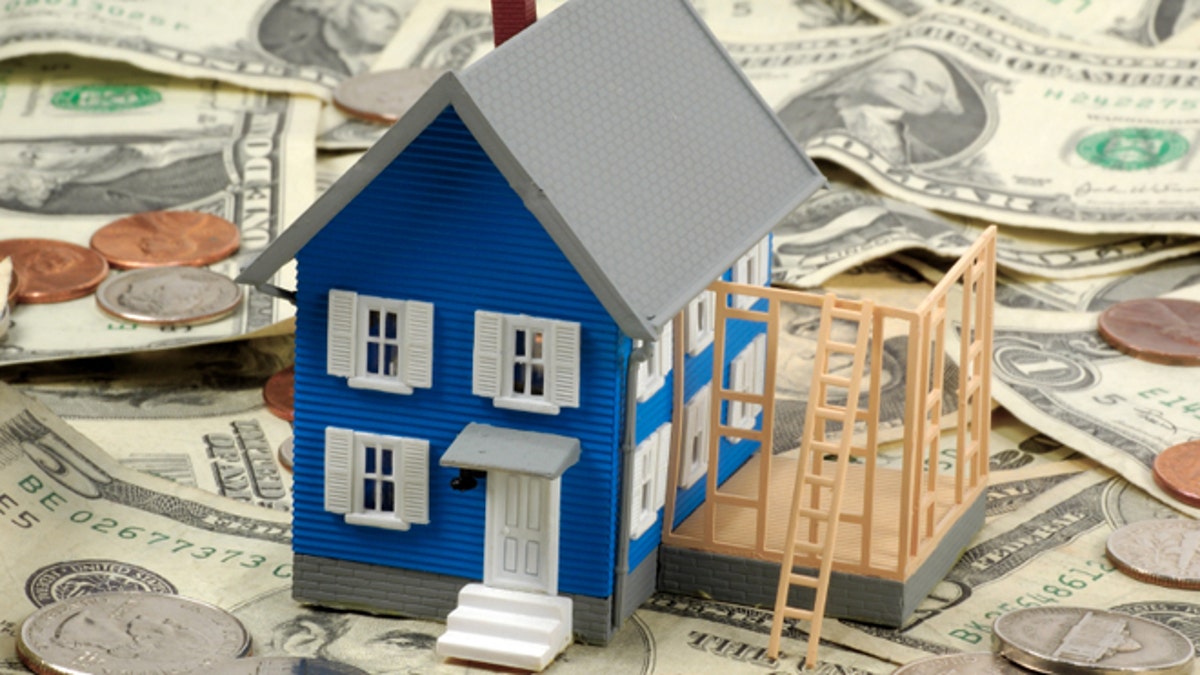
For those with bad credit, buying a home can feel like an impossibility. Even if you can qualify for a mortgage, a bad credit score will likely leave you saddled with a high interest rate, making those monthly payments much more expensive than they need to be. So improving your credit score is going to be a crucial step before you start house hunting. If you’ve gone through some trying times in recent years, but are looking to clean up a credit mess, here are some key steps to take before you apply for a mortgage.
Know What You’re Dealing With
Obviously the first step in dealing with bad credit is to find out exactly how bad your credit is. Under federal law, you're entitled to a free yearly credit report from each the country’s top three credit bureaus, which you can access at AnnualCreditReport.com. Credit bureaus don’t all get the same data, and each of the major three can paint a very different picture of your credit history. So it is important to check out all three credit reports if you are looking to buy a home. Even if you’re not planning on taking out a mortgage in the near future, giving yourself a yearly credit checkup is good practice and will help you keep an eye out for identity theft and other problems with your credit.
Look For Errors
Credit reports are not a hard science and errors happen all the time. Scour your credit reports for any mistakes, such as lines of credit that you never took out, false reports of late payments or debts that you’ve already paid off. Credit bureaus are legally obligated to clear up any mistakes within 30 days, so contact them as soon as possible.
Take Care of Debt
Not all debt is created equal. When it comes to fixing your credit, high interest debt like credit cards and payday loans are going to count more against you than other kinds of debt such as student loans. To retire these loans faster, pay the minimum on the low-interest loans in order to free up some cash to pay off the more toxic debts.
Avoid Late Payments
Late payments are one of the worst things you can do for your credit rating. For those in a downward debt spiral, late payments might be a fact of life. But often late payments are just caused by forgetfulness. Whenever, possible, set up automatic payments so that you don’t get dinged when a phone or credit card bill slips your mind. If you do end up missing a payment date, contact the creditor right away. Explain why you were late and let them know you’ll be sending the payment right away. Often you can avoid a blemish on your credit if you’re communicative with them and act quickly to take care of the missed payment.
Avoid New Lines of Credit
When looking to buy a house, you want to avoid taking out any new lines of credit in the six months before you apply for a mortgage. That means you shouldn’t be making any major purchases, like a new car, and you should not be signing up for any credit cards. You also need to avoid co-signing loans for anyone else, because their missed payments can come back to haunt you.
While you don’t want to open new lines of credit, you also don’t want to close any either. If you are paid in full on credit cards that you no longer use, you might think it would help your case to cancel the card. But it’s actually better to just keep the account active and paid up. Using those cards in a responsible manner, and making a payment each month will show that you are less of a credit risk than those who don’t rely on credit at all. In addition, keeping these lines of credit open improves your debt-to-credit ratio, one of the factors that lenders will look at when considering your mortgage application.